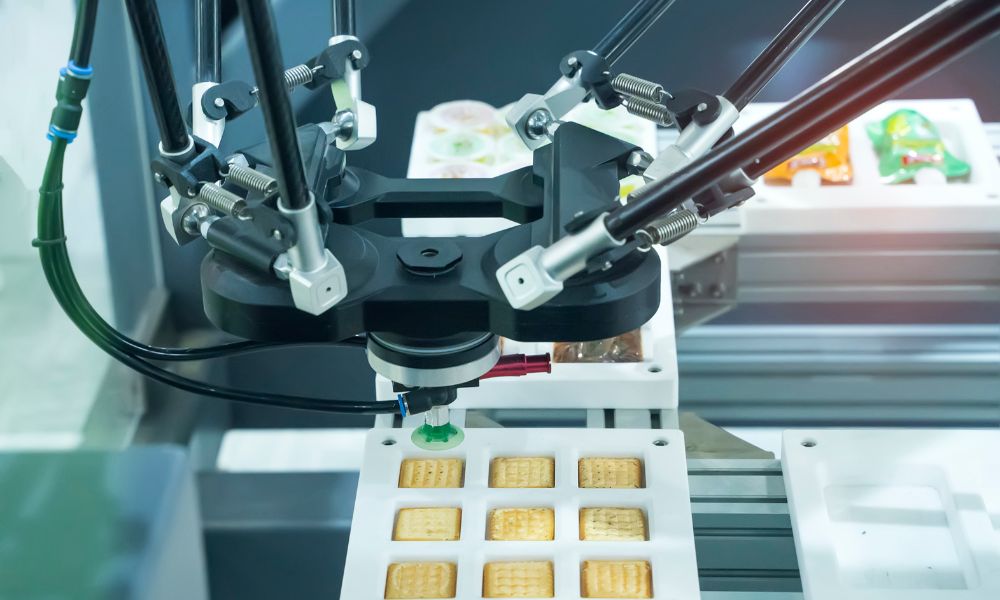A motion control system is a lot like a human body—it’s made up of a brain to send commands, neurons that carry power where it’s needed, and limbs and digits that perform acute tasks. Of course, this is an overly simplified look at these complex systems, but it’s a good way to start understanding them. Read on for a brief overview of motion control systems in automation.
Motion Controllers
If the whole system is like a human body, the motion controller acts as the brain. Motion controllers calculate important commands and issue them to the rest of the system, which carries out its tasks as it should. Feedback devices may send information back to the motion controllers so that the “brain” can adjust its commands as time passes.
Drives
Drives function like neurons in the human body. While the motion controller is responsible for coming up with the commands, the drives must convey those commands to other parts of the system. They will usually convey the commands in the form of current and voltage, and there are several drives that motion control systems use.
Depending on the required capabilities, a control system could use digital drives, analog drives, linear drives, switching drives, servo drives, or stepper drives.
Motors
Motors, like limbs on a human body, put commands into motion. Here, electrical energy becomes mechanical so that motion in the form of linear or rotary motion can occur.
Feedback Devices
Feedback devices are essential parts of closed-loop systems that enable the motion controller to make small adjustments on the fly. Feedback devices track the positions of various parts of the system to ensure everything stays where it needs to be.
One of the most useful motion control systems is the GE Mark VIe control system, as it boasts stand-alone capabilities and has a single-board processor.
Now that you have reviewed this brief overview of motion control systems in automation, we hope you have a basic understanding of how motion control works. There’s always more to learn, so feel free to reach out to our team at AX Control with any questions!

